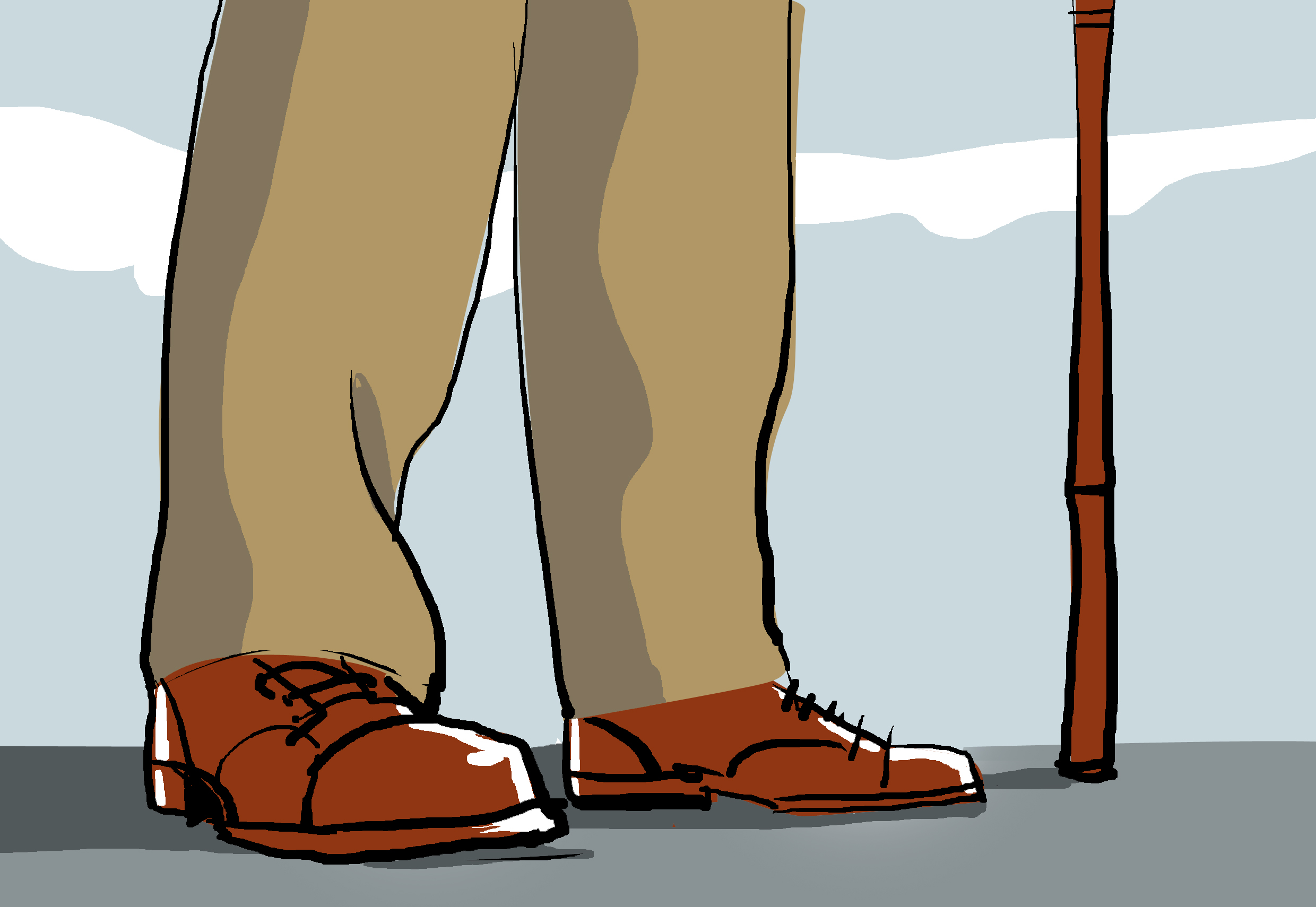It is about time we get the police we deserve. Not the kinds which is busy with VIP protection but the kinds busy with us
On August 22, a young photojournalist out on an assignment at an abandoned textile mill in central Mumbai was raped by five persons, including two whose families claim they are minors. The accused roughed up the woman’s accompanying colleague and threatened her with shards of a beer bottle.
On August 23, Maharashtra home minister RR Patil said women journalists on difficult assignments in Mumbai should seek police escort to ensure their security.
On August 26, making a statement in Rajya Sabha, union home minister Sushil Kumar Shinde said, the Maharashtra government will do its “utmost” to probe the case and prosecute the accused “under law expeditiously”.
While it might be done “expeditiously”, with the Maharashtra government already announcing a fast-track court to try the case and appointing Ujjwal Nikam (he of the 1993 Bombay blasts and 2008 Mumbai terror attack, among others, fame) as special public prosecutor, even that will take months. If not more. Other ways to tackle and curb rape and other crimes against women – methods such as quickening the legal process and changing the mindset of the patriarchal male society – are long-term plans.
In the interim, crimes against women can be addressed simply by putting more boots on the ground. And these 'more' policemen do not necessarily have to be hired anew; they just have to be redeployed – from VIP duties and put on public duty.
(Also read: Spectre of rape, and the need to change mindsets)
Over to figures: there are 1,693,541 sanctioned civil police personnel in India for a population of almost 1.2 billion. To put it in perspective, this leaves roughly one policeman for 568 people (on paper) and 761 (in reality). Not enough.
In this not-enough ratio, if a sizeable chunk start working to protect the VIPs and the VVIPs, where does it leave the common citizen? According to Bureau of Police Research and Development’s 2011 data (the website is yet to update figures for the year gone by), the number of people provided police protection for more than six months were 14,842 and the total police personnel deployed for them in 2011 were 47,557.
If you look at the data for individual cities, you will realise that they are far from fulfilling the minimum requirement of providing basic security on the ground. Mumbai, with a population of 1.25 crore, has 44,000 policemen on the ground, of which 60 percent are perennially on VIP duty, according to data sourced through Mumbai-based activist Chetan Kothari.
Delhi, with a population of 1.9 crore has a total strength of 75,169 policemen against a sanctioned strength of 81,468. Needless to say, a huge chunk of those uniformed men and women are again on VIP duty.
Now, the issue of safety – not just of women but all residents – would be solved in the metropolitan cities and other state capitals if much of the cops on VIP duty – mostly unwarranted, for few VIPs face any genuine threat to their lives – are pulled out and deployed for the public. Even without sophisticated arms, a cop with just the lathi on the beat duty and his/her heart in the right place is, more often than not, enough to bring order in our otherwise chaotic and precarious urban landscape. And that is the simple answer to RR Patil’s implausible idea (The counter-question would be: how does Patil expect to give additional security to women scribes from a personnel-starved city police? By further reducing the number of beat police personnel?)
As a bright spot, meanwhile, Gujarat police has decided to restructure the state’s police to citizen ratio as per new population distribution. The state police says, the current ratio is based on the dated 1960 census. According to BS Jebaliya, additional commissioner of police, range 1, Surat City, the present police to resident equation of 119:1,00,000 would go up to approximately 124 to 125 cops per 1 lakh Surat residents post-restructuring.
“Fresh recruitment of about 700 constables is on the anvil,” the IPS officer told Governance Now.
About the cops allocated for VIP security, Jebaliya said, “I agree there should be more policemen on the ground but VIP security can also not be compromised. The supreme court is in the know about all security arrangements.”
What can be done soon enough is to divert attention from the 'Very Important People' to the 'Common People'. In all fairness, the latter have the first right to good governance and the first right on police when faced with any difficulty.
(With inputs from Puja Bhattacharjee in Gujarat)

